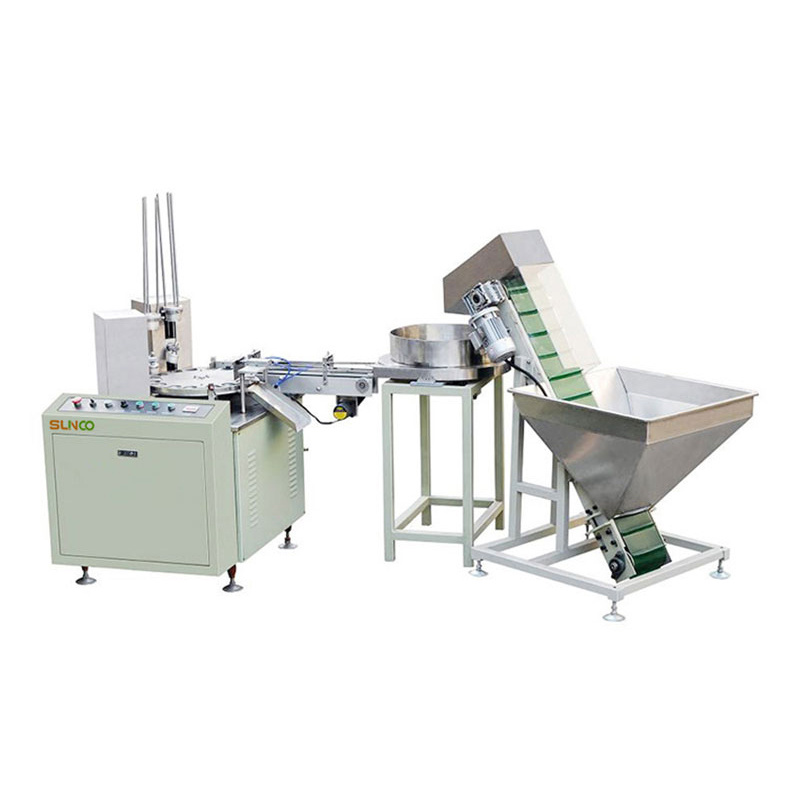Bottle Cap Moulds - Closed-Cell Foam Coated, Closed-Cell Polyethylene Moulds, Hardened Plastic Moulds and More!
Plastic bottle cap manufacturing is generally characterised by high pressure rotary screw assembly, so ensure each rotation moulding unit has its own running unit, that greatly enhances the flexibility of manufacturing, decrease the mould creation cost, extend the service life of the equipment. Most plastic bottle cap manufacturers use a combination blow molding machine and rotary screw mould machine to manufacture caps. There are certain advantages of using these two types of machinery. The blow molding machine is generally more robust, easier and more reliable than rotary screw moulding machines. It can create caps that are exact replicas of original manufacturer products. Moreover, it offers a broad range of services including; injection mold making, cap design and mould finishing, heat treatment, shrink wrapping and lamination, as well as many others.
Rotary screw mould machines generally require one operator for all the operation. This type of manufacturing process is suitable for low volume production of a few caps per day. However, large-scale production may require several operators for the same work load. Bottle cap manufacturing using this machine may produce caps in a shorter time than usual, but a very high failure rate occurs due to manual labour involved in the process. In addition, plastic material used in making bottles is generally of lower quality than the material used in conventional bottle cap moulds, resulting in higher costs for the company.
A bottle cap mould can be custom made by using various hot gas machines for creating different sized bottles. These machines are commonly used in rubber and plastic industry. While designing the plastic cap mould, it is important to ensure that the material used will not interfere with the operation of the mould. Generally, silicone, polyurethane and high density polyethylene (HDPE) are used for the manufacture of small plastic caps.
To manufacture hard water bottle caps, the cavities of the cap need to be shaped using steel presses. The cavities are drilled at a depth of one to two millimetres and filled with tap water. After the cavities are drilled, they are filled with water until they become totally full. Once they become completely filled, they are inverted and removed from the mould. Moulds with flat interior walls allow easier removal of the caps.
Bottle caps are commonly used for packaging of soft drinks. For this purpose, a bottle cap closure compression moulding machine is most suitable. An interior chamber with a gravity feed system forces the caps into the desired position. The feed moves the material inside the cap at a consistent rate. The interior chamber prevents air bubbles from developing and ensures that the caps are fully sealed before they are inserted into the bottles.
Plastic caps vary in hardness based on their chemical makeup. Generally, the higher the molecular weight of the polymer, the harder it is to form the caps. Polyethylene is among the highest hardness plastics and is used for exterior caps and internal caps as well. Plastic caps are normally available in various thicknesses and diameters to accommodate any application. In order to ensure the highest level of resistance, it is important to choose the appropriate type of cap mould and materials.





 English
English русский
русский Español
Español عربى
عربى






 +86-15157625901 / 13706572756
+86-15157625901 / 13706572756 info@suncomold.com
info@suncomold.com  No.2 Gongxin Avenue, Beicheng Street, Huangyan, Taizhou, Zhejiang, China
No.2 Gongxin Avenue, Beicheng Street, Huangyan, Taizhou, Zhejiang, China